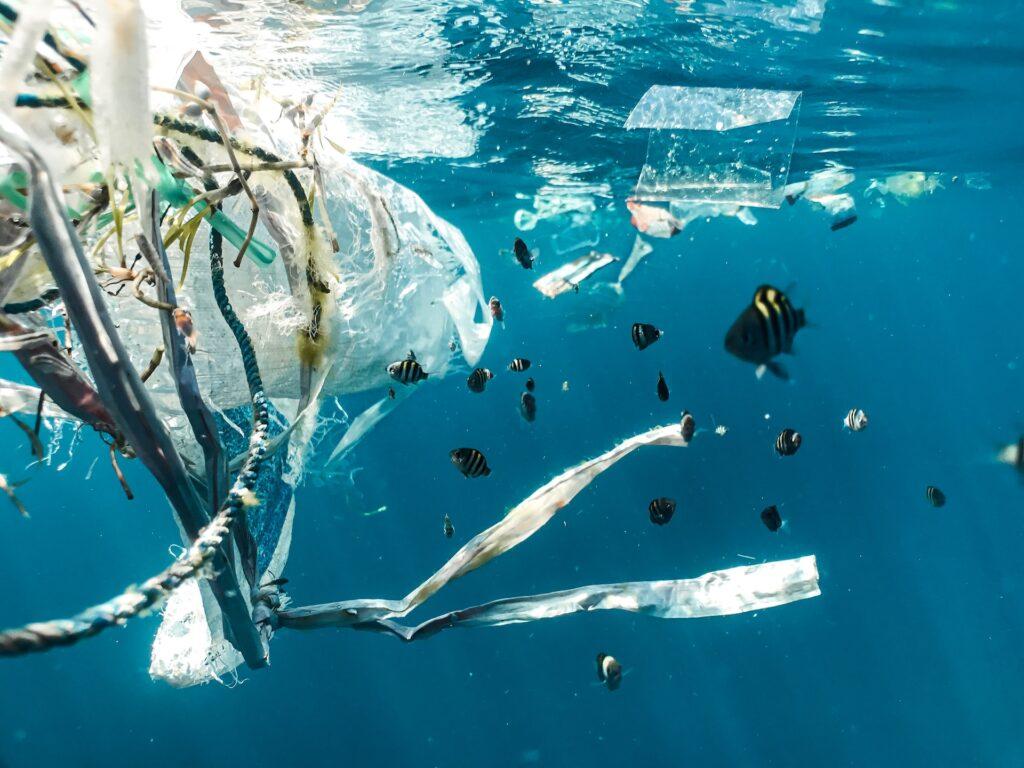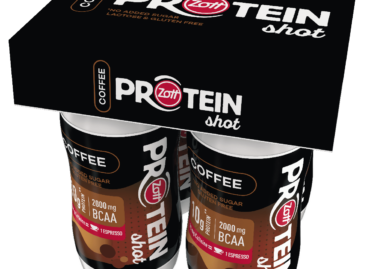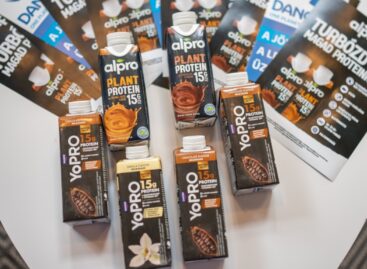Microplastic contamination found in 90% of protein samples, including plant-based food
Microplastic particles have been identified in 88% of protein food samples tested in a new study by Ocean Conservancy and the University of Toronto, Canada.

The samples were drawn from 16 different protein types destined for US consumers, including seafood, pork, beef, chicken, tofu and three different plant-based meat alternatives.
While scientists have long documented the presence of microplastics in the digestive tracts of commercial fish and shellfish like salmon, halibut and oysters, there has been little research into whether these microplastics are entering the filets of the fish — the parts that people actually eat — and little research into terrestrial protein sources like beef and chicken that make up a large part of the American diet.
In this study published in the journal Environmental Pollution, microplastics were found in all 16 protein types tested, suggesting that humans are likely eating microplastics no matter the source of protein they choose. Furthermore, there were no statistical differences in microplastic concentrations between land- and ocean-sourced proteins.
Related news
2026: The year of accessible nutrition
🎧 Hallgasd a cikket: Lejátszás Szünet Folytatás Leállítás Nyelv: Auto…
Read more >A new generation of protein sources: this is how high-protein products are conquering the market
🎧 Hallgasd a cikket: Lejátszás Szünet Folytatás Leállítás Nyelv: Auto…
Read more >Related news
Nearly 140 domestic suppliers, 60% growth – SPAR Regions Treasures program accelerates with AI solutions
🎧 Hallgasd a cikket: Lejátszás Szünet Folytatás Leállítás Nyelv: Auto…
Read more >








